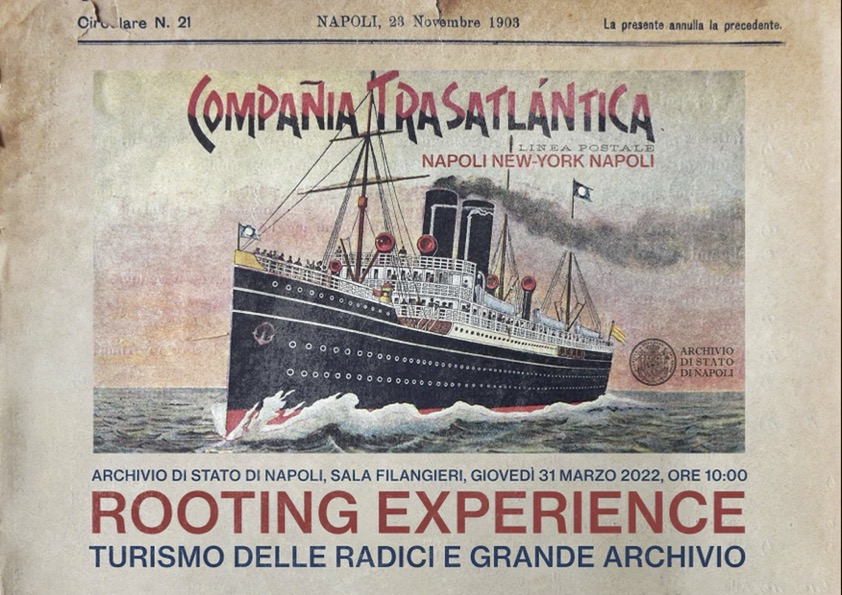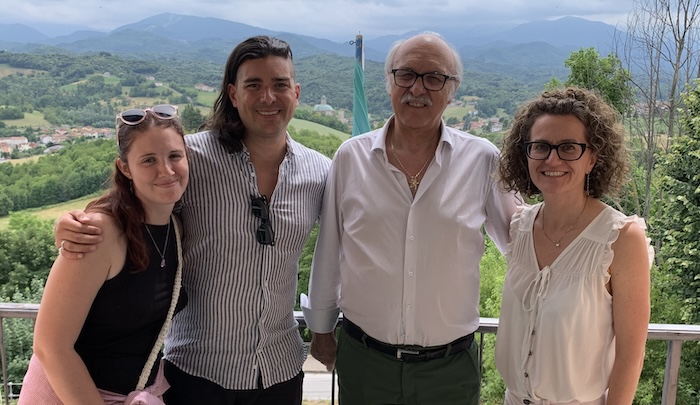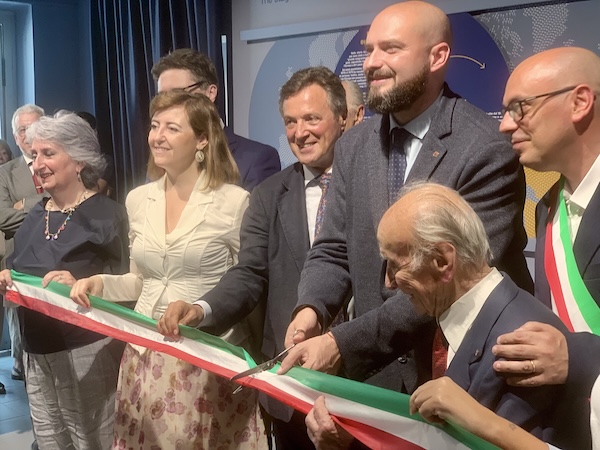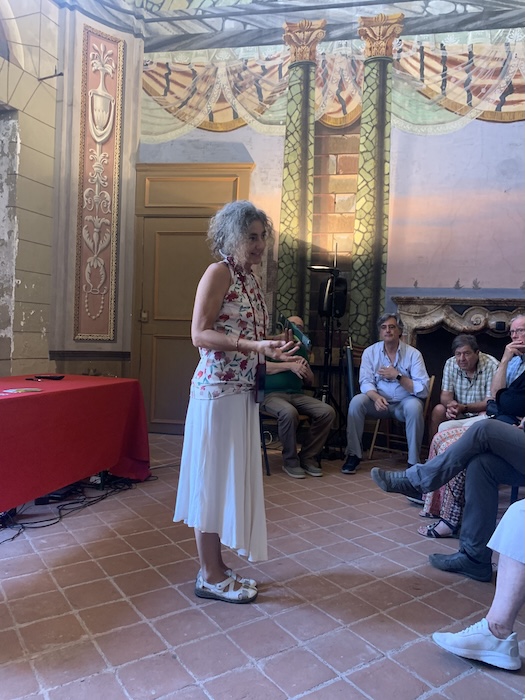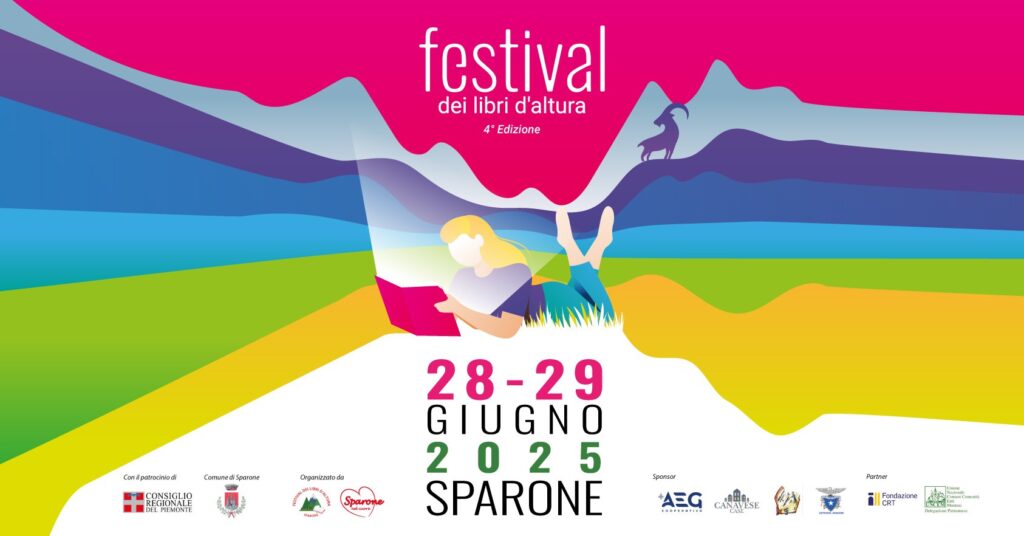Rome, December 6, 2023
The Centro Altreitalie sulle Migrazioni Italiane in Turin participated in a meeting at the Chamber of Deputies dedicated to the cultural heritage represented by Italian migration.
The conference, promoted by the PD deputy elected in South America Fabio Porta, was designed to explore the proposed law “Provisions for the promotion of knowledge of Italian emigration in the context of contemporary migrations”, currently being examined by the Culture Committee of the Chamber of Deputies.
Porta said he was very honored that “the Parliament can make an important contribution to this legislative initiative.” One of the main reasons for the proposal is “to share it outside the Parliament chamber. This proposal must in fact become a common heritage.” Including “civil society” which “must confront this issue.” Emigration is “the greatest historical-social phenomenon in the history of the country. It is not residual. Our young people, at school, must have access to this information” which represents “a heritage that does not belong to one political party, but is the cultural heritage of the entire country.”
Maddalena Tirabassi, Director of the Centro Altreitalie sulle Migrazioni Italiane, gave a chronological account of emigration based on statistics and stories. “It is not enough to say ‘we are all migrants’. It is useless in terms of fighting racism and prejudice. Because we, as scholars, have not been able to convey the results of our research to a wider audience.” But “if the history of emigration is an interdisciplinary story in itself”, perhaps, according to Tirabassi, it would be the case to “bring the study of mobility into the various school disciplines starting from the training of teachers”. Studying these topics can be important.
Giovanni Maria De Vita, Head of the MAECI “Turismo delle Radici” Project, spoke about the project he is carrying out as coordinator: “the history of Italian emigration must enter the minds of Italians. It is a great heritage. We are talking about 80 million people, but we believe that there could be more. It is a potential that Italy must focus on. We need to tell Italians about the history of these people, but we also need to tell Italians about the opportunities that these people can represent for this country. Turismo delle Radici is not just about promoting Made in Italy. We need to look at our communities as strategic partners. And this must be known by Italians. We have seen this law with great interest and I am glad that it has bipartisan support. I hope it can be successful, we owe it to the emigrants and to the Italians. And I hope that the Ministry of Education will not be left alone, because it is a theme that is not only interdisciplinary, but also interministerial. Because it includes aspects that concern the Ministry of Foreign Affairs and its diplomatic network and the Ministry of Culture and its network of museums, and others. I would propose a sort of committee that could outline and finalize the programs.”
Turismo delle radici represents “a blood bond with Italian-descendants, an opportunity for loyalty much stronger than normal.” There are people who will always look to Italy regardless. The “roots traveler is special and must feel welcome especially because he finds himself in different destinations, mostly small towns.” To do this, a network is being created with regional coordinators and groups that will be responsible for gathering information and building itineraries.
